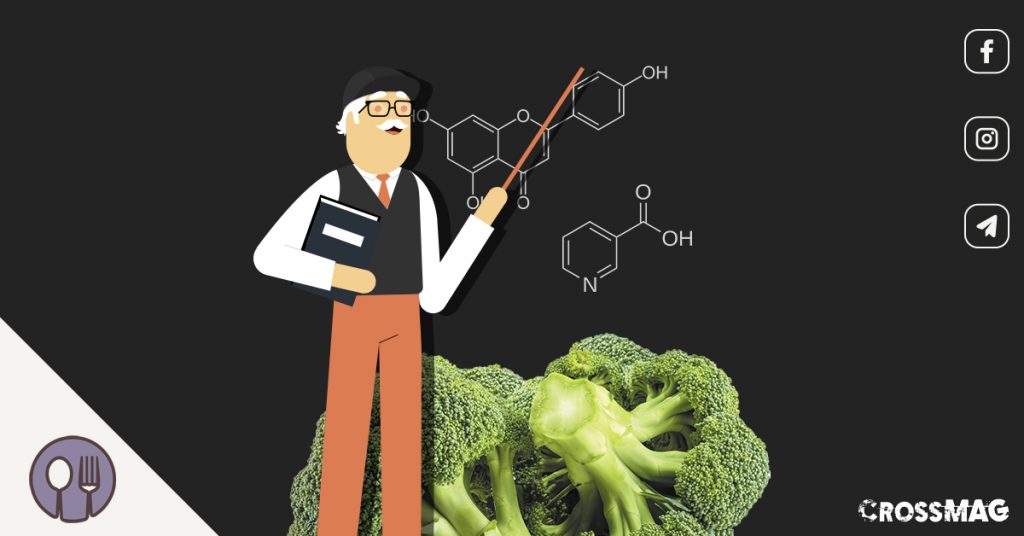With the term "vitamin P"Once meant a group of plant compounds called flavonoids; however, these compounds are not actually vitamins.
There are several types of flavonoids present in fruit, tea, cocoa and in wine; they give foods their color and provide protection to plants from ultraviolet rays and infections.
Index
WHAT ARE FLAVONOIDS?
Flavonoids, also known as bioflavonoids, are a family of compounds polyphenolic vegetables with six subclasses; to date they have been identified well 6000 flavonoids.
The first flavonoids were extracted in 1930 from an orange and mistakenly mistaken for a vitamin (hence the term vitamin P).
Flavonoids exist in plants to help prevent infections, protect from the sun and by environmental stress and for attracting insects for pollination; they are also responsible for the color of many fruits and vegetables, such as cherries and tomatoes.
Here are the main classes of flavonoids and their food sources:
- flavonols: these compounds are found in olive oil, berries, onions, cabbage, grapes, tomatoes, red wine and tea;
- flavones: found in parsley, thyme, mint, celery and chamomile;
- flavanols: found in black tea, green tea, cocoa, apples, grapes and red wines;
- flavanones: they are responsible for the bitter taste of citrus fruits;
- isoflavones: found in products based on soy;
- anthocyanidins: give color to most red, blue and purple fruits.
BIOAVAILABILITY OF FLAVONOIDS
Flavonoids are believed to offer a variety of health benefits and help prevent heart disease and diabetes; the studies available to date have been done in test tubes, so the activity in the body is not yet well understood.
Il metabolism appears to influence the bioavailability of flavonoids in the body; when they are consumed, they are broken down into metabolites.
Furthermore, the consumption of flavonoids along with carbohydrates, fats and proteins can also affect their absorption; even the composition of gut bacteria could play a role in flavonoid processing.
VITAMIN P: BENEFITS
Many of the benefits associated with flavonoids come from them antioxidant power:
- brain health: can protect brain cells and increase brain health;
- lower risk of type 2 diabetes;
- lower risk of heart disease.
DOSAGE AND INTEGRATION
Currently there is no recommended daily dose for flavonoids, because they are not considered essential for human development.
A diet rich in wholesome, whole foods naturally contains flavonoids and will contribute to good health. Flavonoid supplements are therefore not necessary, but it is possible to find some.
The most common include quercetin, flavonoid complexes and rutin. There is no standardized dosage for these supplements and it is always good consult your doctor and nutritionist before starting to take them.
CONTRAINDICATIONS AND SIDE EFFECTS
There are no reported risks from taking flavonoids through foods that contain them naturally; high doses of flavonoid supplements can negatively affect thyroid function, interact with medications and with the levels of other nutrients in the body.
Did you know about vitamin P? Let us know in the comments and remember to follow us on our Telegram page
SUBSCRIBE HERE TO THE TELEGRAM CHANNEL

